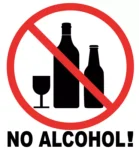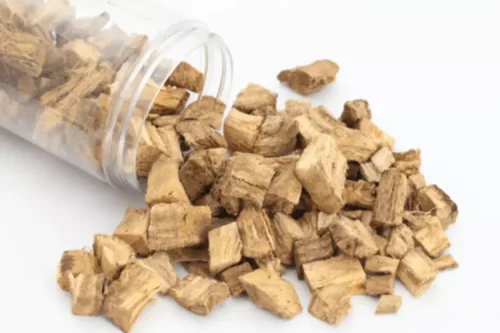
This can help prevent bruxism, the medical term for the type of teeth clenching that ecstasy can cause. You may worry about getting in trouble with the police for using ecstasy. In some places, the police do not arrest bystanders or those who overdose; in other areas, they might. Taking ecstasy can cause you to grind your teeth and clench your jaw, a side effect sometimes referred to as Molly jaw. This can cause lockjaw, a painful condition in which you can’t fully open your mouth. Some people who take ecstasy suck on lollipops or pacifiers to prevent this.
- MDMA-assisted therapy is a therapeutic approach that uses MDMA as a tool within a controlled and supervised therapeutic setting.
- Even though ecstasy includes addictive ingredients, there is very little research to prove that you can get addicted to the drug.
- It’s possible to overdose on MDMA, which can be fatal (cause death).
- Side effects generally include anxiety, bruxism (grinding or clenching of teeth), trismus (stiff or lockjaw), headaches, shaking and loss of consciousness.
- MDMA first became popular in nightclubs, but people now take it in a wide range of settings.
About Medical News Today

This can contribute to negative psychological aftereffects such as depression, anxiety, and fatigue, which you may experience for a few days after MDMA use. MDMA is currently being tested for use in treating PTSD and other mental health conditions. The early results are promising and show the possibility of positive long-term effects as well. MDMA is classified as a schedule I drug, which means that it hasn’t been accepted or approved to treat any medical conditions. However, early research suggests that MDMA may become a potential treatment option for several mental health conditions in the future. When taken regularly and in higher doses, it can cause long-term effects, which can last for long periods even after the user has stopped taking the drug.
Understanding MDMA’s Effect on the Brain
It is important to note that this research is still in the early stages. More research is needed to fully understand the effectiveness of medical MDMA. The medical use of MDMA is highly regulated and only administered by healthcare professionals in regulated settings.
What is ecstasy cut with?

A person needs to seek immediate medical attention if they experience the above MDMA use. These can lead to liver, kidney, or heart failure and even death. These effects may be due to MDMA alone or the combination of MDMA use with other drugs.

- Animal studies show that MDMA in moderate to high doses can damage nerve cells in the brain.
- Prolonged or heavy MDMA use can result in persistent changes in your brain’s serotonin system.
- Ecstasy powder looks like white/grey crystals and is called MDMA, mandy or MD.
- It’s also important to know that alcohol can interact with MDMA and cause more severe side effects.
- Its psychedelic effects include feelings of peacefulness, acceptance, and empathy.
While there are no specific treatments for ecstasy addiction, the National Institute on Drug Abuse suggests that cognitive behavioral molly mdma therapy (CBT) is the most effective option. This type of intervention helps change how people think and behave to support addiction recovery. CBT also teaches people coping skills so they can better manage the stress that contributes to substance use. Ecstasy overdose symptoms can include faintness, panic attacks or extreme anxiety, high blood pressure, and seizures.
